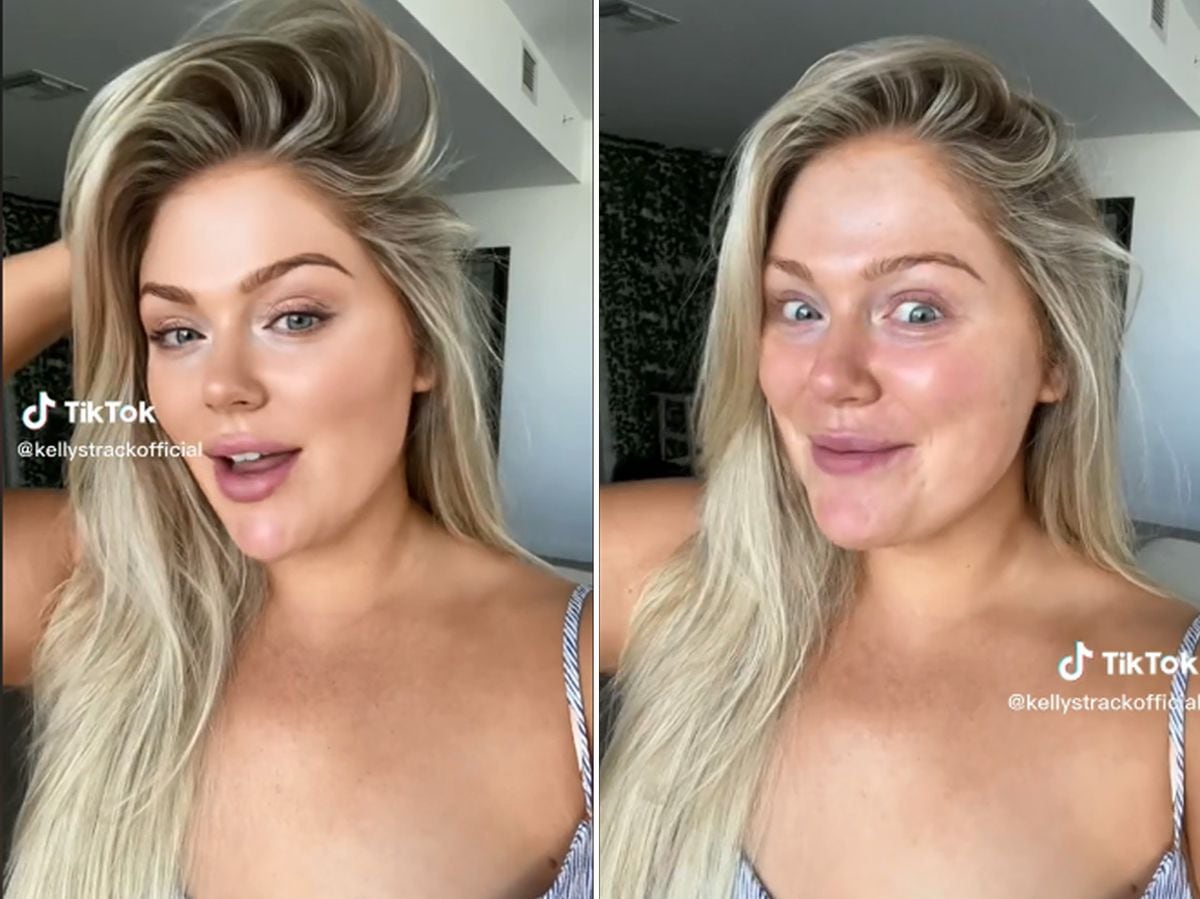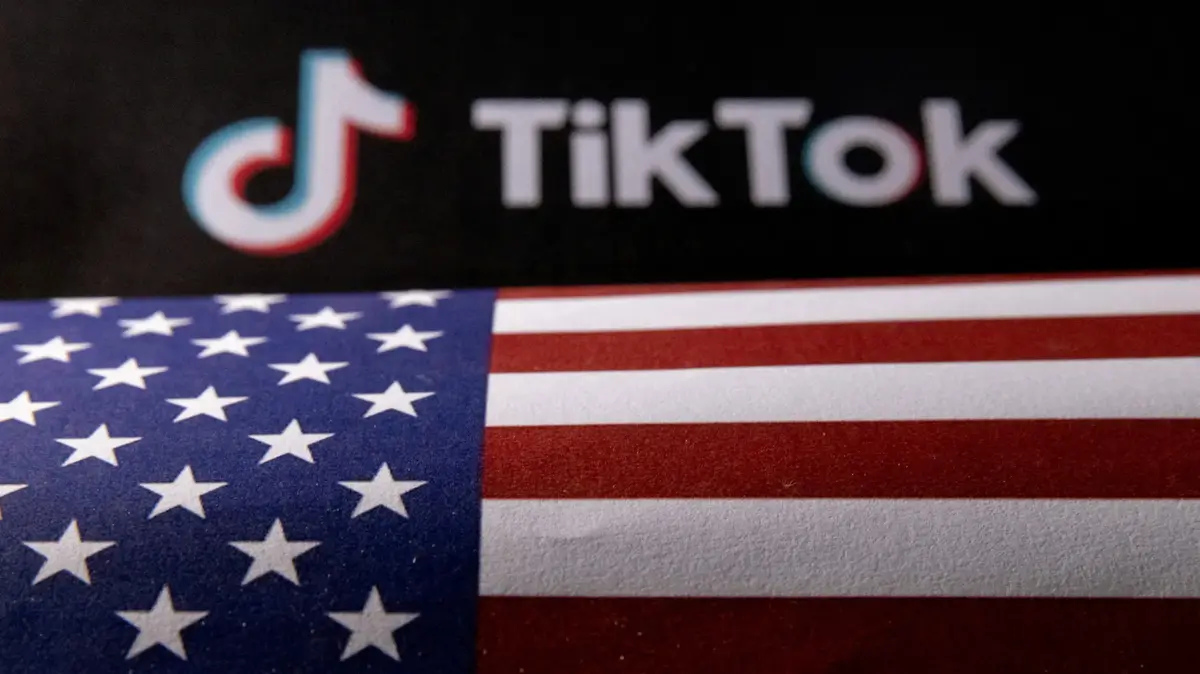The scene is becoming more and more common: along the promenades or in the viewpoints of the mountains, one is sure to come across a teenager with an outstretched arm, a forced expression on his face, and taking a selfie or video.
There are many possibilities that this second will end up on TikTok for the submission of the judgment of its viewers: praise, ridicule... Social networks do not forgive and the social pressure to which the most exposed (teenagers) are subjected is brutal.
In this sense, a new filter on TiklTok is revolutionizing this social network, and some critical voices are warning of its danger.
We are referring to Bold Glamour, a filter that applies an algorithm through which the face is rejuvenated, wrinkles disappear and features are marked.
You may be thinking: “Didn't this exist before?”, and yes, the answer is yes, what stands out about this new filter is the precision with which it transforms the face and makes it look younger.
'It shouldn't be legal'
The application of this filter is similar to that of other precedents: once TikTok is open, click on the '+' icon and after that, on “Effects”, where you will see the Bold Glamor filter represented by two faces.
It should be noted that it is not yet available in all markets, so it is possible that it will not appear in your social network menu.
Once pressed, there are no explanations: this layer applies artificial intelligence with surgical precision to eliminate everything that makes the face ugly: wrinkles, paleness, unmarked lines...
The transformation is imminent and the realism of this new image leaves the adult somewhat out of place and the reflection is immediate: What impact does the algorithmic application of instant beauty have on a teenager?
"This should not be legal", ditch, Kelly Strack, known on the social network.
Strack accompanies this statement with the sequence of her face, spotless and made up, apparently just out of bed.
The viewer is aware of the mental trap in the same sequence when Strack deactivates the filter and shows a young woman in the natural after having woken up: with her dark circles, and of course, zero makeup.
The metamorphosis takes place in real time and before everyone's eyes, who will be tempted to find "the seven differences" in one face and another to discover the keys to improvement.
And it is not an easy task: some modifications are obvious, such as the application of a perfect makeup or the elimination of wrinkles;
others are not so much, such as the outline of the face.
But the transformation is evident.
"It is harmful to put all the value of our person in the image"
The tyranny of beauty is harshly enforced on social media and the realism of this filter has only fueled an ever-present debate on Instagram and TikTok: the enslavement of our youth to beauty standards.
"It is harmful to put all the value of our person in the image," explains Juan Bautista Jordán, a psychologist who counts among his young patients pathologies derived from social networks;
This expert cites the "narcissistic reinforcement" that applying these beauty filters supposes and its consequences: "they can cause a blockage in very early stages of development."
And what do the influencers think of this new filter?
The Spanish Claudia García often applies filters to her more than five million followers on TikTok, and although she acknowledges that filters can be "fun", such as those that replace the face or the color of hair or eyebrows, "there are filters That can create a lot of insecurity.”
García refers to those in which "they retouch your face, they make your lips bigger, they retouch your cheekbones, they make your head smaller";
According to this popular user of the social network, these filters show you "in a way that is supposed to be perfect or beautiful and that ends up creating a lot of complexes for you and I think that people shouldn't use these types of filters."
This layer of “props” provided by the algorithm is not new to TikTok: in April 2020, an Australian girl — under the user, @mzznofilter — went viral with the hashtag: #catfish by posting an image of herself manipulated by Snapchat's algorithms. , compared to another real one of yours.
In that video, the physical difference was obvious and coarse, flooding the social network with sequences in which users showed their before and after the application of filters.
Bold Glamor raises the bar for perfection, in the application of the algorithm, but also in the beauty canons to which millions of young people are subjected on the social network.
You can follow
EL PAÍS Tecnología
on
and
or sign up here to receive our
weekly newsletter
.








